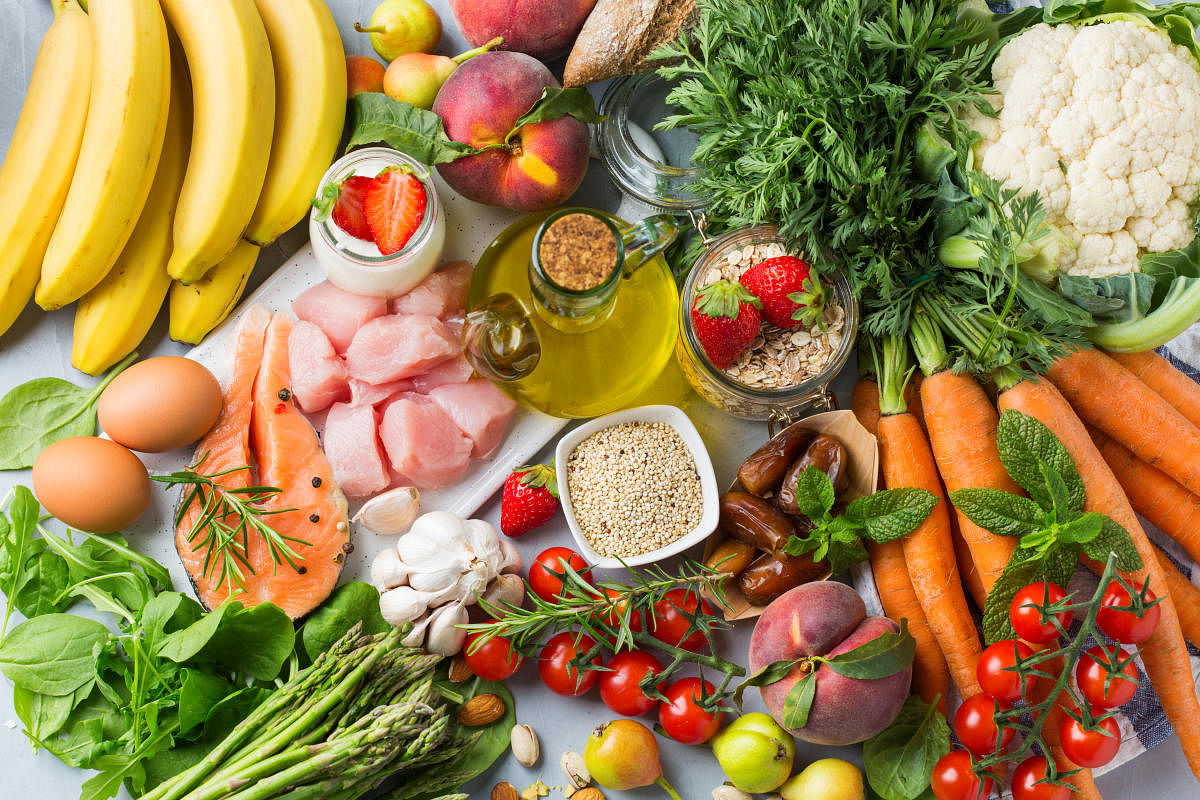
Hypertension is one of the major public health problems in our country and its prevalence is steadily increasing among both urban and rural populations. High blood pressure is often mismanaged, and the approach to treating it as a disease rather than as a symptom of underlying problems is the main reason. Modern medicine seeks to control high blood pressure through medications such as ACE inhibitors, diuretics, beta-blockers, calcium channel blockers, among others. While these drugs do help in controlling blood pressure and thereby lowering the risk of heart attacks and strokes, they do not address the underlying cause of high blood pressure.
A naturopathic approach focuses on ascertaining the characteristics of hypertension — vascular relaxation, sodium sensitivity, autonomic dysfunction, arteriosclerosis, and addressing the underlying cause via lifestyle and dietary modifications, stress management and herbal supplementation. If you visit a naturopath, they will order tests to check your kidney function, thyroid function, or look for inflammatory markers in the blood. Your cardiovascular risk factors will also be assessed in-depth as they are usually associated with hypertension. Adiposity, insulin resistance, sleep apnoea, and systemic inflammation are all considered in the work-up.
Dietary interventions: Dietary modifications are among the most commonly prescribed interventions for most lifestyle diseases, and hypertension is no different. Specific nutritional systems like the Dietary Approaches to Stop Hypertension (DASH) diet and the Mediterranean diet are among the fundamental strategies to control high blood pressure and associated conditions like Type 2 Diabetes, insulin resistance, and obesity. The Mediterranean diet lays emphasis on fresh fruits, vegetables, whole grains, nuts and legumes, with minimal dairy intake.
The diet has a favourable effect on hypertensive patients. A number of studies have shown significant reductions in both the systolic and diastolic blood pressure measurements. The DASH diet promotes a balanced nutritional system that supports a heart-friendly lifestyle. It focuses on a diet rich in whole foods with an abundance of fruits and vegetables, fat-free dairy products, whole grains, nuts, beans, and vegetable oils.
Stress management: Since stress and over-stimulation of the sympathetic nervous system play a significant role in hypertension, it is imperative to keep it in check. High-stress levels can boost your blood pressure by stimulating your sympathetic nervous system, which leads to a series of cascading physiological effects, causing the constriction of blood vessels.
Botanical supplements: Several herbs can help promote healthy blood pressure. Hawthorn extracts have proven cardiovascular benefits, including anti-inflammatory and antioxidant properties. It also supports healthy lipid metabolism, increases vasodilation and protects the lining of blood vessels in the body. Garlic is another herb that can regulate the level of nitric oxide, reduce inflammation and act as an ACE inhibitor. Indian snakeroot, also known as serpentine wood, has several anti-hypertensive effects.
(The author is senior naturopath, Jindal Naturecure Institute)